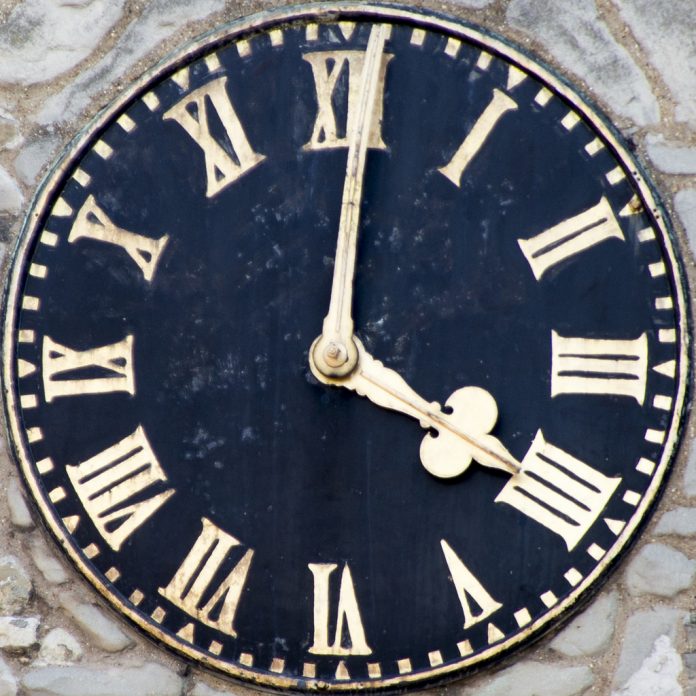Millions of Europeans do not want the clocks to change anymore. The vast majority (84%) of respondents in an online consultation said they are in favour of putting an end to the bi-annual clock change.
“We will now act accordingly and prepare a legislative proposal to the European Parliament and the Council, who will then decide together,” said European Commissioner for Transport Violeta Bulc on August 31.
The preliminary results also indicate that more than three quarters (76%) of respondents consider that changing the clock twice a year is a ‘very negative’ or ‘negative’ experience. Considerations related to the negative health impacts, increase of road accidents or the lack of energy savings, were put forward by respondents as motivations to put an end to the change.
European Commission President Jean-Claude Juncker put the summertime question on the political agenda as part of his pledge to be big on the big things while leaving it to member states to take decisions where they are best placed to do so.
According to a European Commission press release, the final results of the public consultation will be published in the coming weeks. The Commission will now make a proposal to the European Parliament and the Council with a view of changing the current clock change arrangements.
As reported by The Guardian, any change would need approval from national governments and the European parliament to become law.
Under current EU legislation, citizens in all 28 EU countries have been required to move their clocks an hour forward on the last Sunday in March and switch back to winter time on the final Sunday in October.
According to the Spanish-language newspaper El País, Spain’s Foreign Affairs Minister Josep Borrell did not rule out a possible change of time zone for his country, one that would be more in line with its geographical location.
The comments came in the wake of a proposal from the European Commission that would bring an end to the twice-yearly changing of the clocks by one hour.
“Perhaps Spain should be in another time zone,” the minister told reporters on August 31 after a meeting of EU foreign ministers in Vienna. “Frankly, I don’t know. Let’s give the European Parliament an opportunity to see if it is able to find a common denominator between countries that are in such different geographical situations.”

